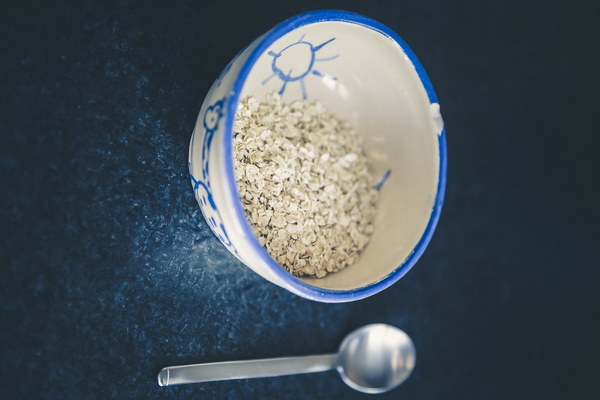Breathe Easy The Ancient Practice of Picking Ash to Nourish the Lungs
In a world where pollution and stress seem to be ever-present companions, finding natural remedies for respiratory health has become increasingly important. One such ancient practice that has been gaining attention is known as picking ash to nourish the lungs. This traditional method, rooted in Chinese medicine, suggests that the ash from burning certain herbs can have a beneficial effect on lung health. Let's delve into this intriguing practice and explore its potential benefits.
The Concept of Picking Ash to Nourish the Lungs
The practice of picking ash to nourish the lungs is based on the belief that the ash of certain herbs can help purify the lungs and improve respiratory function. This concept is deeply ingrained in traditional Chinese medicine, which posits that the health of the lungs is crucial for overall well-being. According to this ancient wisdom, the lungs are responsible for the exchange of oxygen and carbon dioxide in the body, making them a vital organ for life.

The Method
To engage in this practice, one would typically gather specific herbs that are believed to have lung-nourishing properties. These herbs are then dried and burned. The resulting ash is collected and used in various ways. Some people may consume the ash directly, while others may mix it with water or other substances for internal or external use.
One of the most commonly used herbs in this practice is mugwort (Artemisia vulgaris). Mugwort is known for its ability to expel phlegm and improve lung function. Other herbs that are sometimes used include ginger, licorice root, and cinnamon.
Benefits of Picking Ash to Nourish the Lungs
Proponents of this practice claim a variety of benefits for the lungs, including:
1. Improved Respiration: The herbs used in this practice are believed to help clear the respiratory tract and improve airflow, which can be particularly beneficial for those suffering from asthma, bronchitis, or other respiratory conditions.
2. Detoxification: The ash is thought to have detoxifying properties, helping to rid the lungs of impurities and pollutants that can accumulate over time.
3. Immune Support: Some of the herbs used in this practice are known for their immune-boosting properties, which can help protect the lungs from infections and diseases.
4. Stress Reduction: The process of gathering and burning herbs, as well as the ritualistic aspect of this practice, can have a calming effect on the mind and body, which may indirectly support lung health by reducing stress.
5. Traditional Wisdom: For many, the practice of picking ash to nourish the lungs is not just about physical health; it's also about connecting with ancient traditions and understanding the interconnectedness of the body, mind, and spirit.
Caution and Considerations
While the practice of picking ash to nourish the lungs has its roots in tradition and anecdotal evidence, it is important to approach it with caution. Here are some considerations to keep in mind:
- Consultation: It is always advisable to consult with a healthcare professional before trying any new treatment, especially one that involves ingesting herbs or ash.
- Quality of Herbs: The effectiveness of the practice depends on the quality of the herbs used. It is essential to source high-quality, organic herbs to ensure the best possible results.
- Individual Differences: The benefits of this practice may vary from person to person. What works for one individual may not work for another.
- Safety: There is a risk of adverse reactions, especially if the herbs are not properly sourced or prepared. It is crucial to follow proper procedures and avoid self-medication.
In Conclusion
The ancient practice of picking ash to nourish the lungs offers a unique perspective on respiratory health, combining traditional wisdom with the potential benefits of natural herbs. While scientific evidence supporting its efficacy is limited, the practice continues to intrigue and captivate those interested in holistic health and ancient traditions. As with any health-related practice, it is important to approach it with care, research, and professional guidance. Who knows, this ancient practice might just hold the key to a healthier, more resilient respiratory system.









